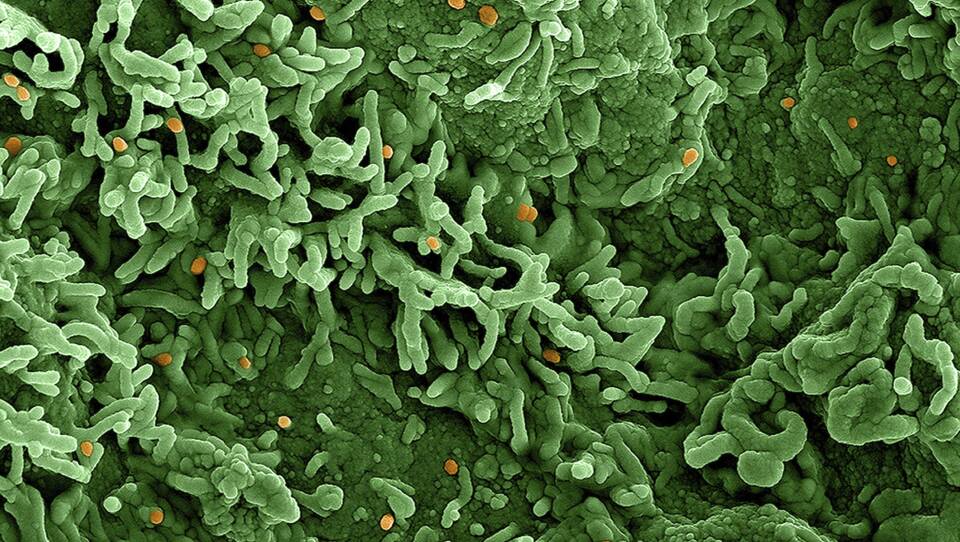The World Health Organization last week declared a public health emergency “of international concern” for the rising numbers of mpox infections in the Democratic Republic of the Congo and other African countries.
But what does that mean for the United States, where the number of cases has been low since the initial outbreak in 2022?
“We’re living in a global world. … We’re in contact with people in ways that we’ve never been in the past, and we cannot just turn a blind eye when we think that something is happening ‘over there,’” Dr. Katherine Gergen Barnett told Boston Public Radio on Tuesday. Gergen Barnett is vice chair of primary care innovation and transformation at Boston Medical Center.
If anything can be learned from the COVID-19 pandemic, she said, it’s that there needs to be a global response to infection. For mpox, she said there needs to be a dedicated effort to develop effective vaccines and get them to countries with the current outbreak.
Mpox, formerly called monkeypox for its initial discovery in captive monkeys, is a pox virus. It’s not as deadly as smallpox, which was eradicated in 1980, but it causes similar symptoms and a rash that develops into pus-filled blisters that scab over.
There are two strains of mpox: clade I and clade II. Clade II is less severe and was responsible for the 2022 outbreak. It spreads through contact with the sores. The highest rates of infection were in men who have sex with men.
Clade I causes more severe illness, and some outbreaks have killed up to 10% of the people who got sick, although more recent outbreaks have lower death rates, according to the CDC. The latest infections are a new, more contagious strain called clade 1b.
It is spreading through sexual contact, as well as close proximity. Families with children who sleep in the same bed are seeing infections, and it’s also spreading through contact with clothing, Gergen Barnett said.
“We cannot just be watching this like a ticker tape on the news … It actually needs to be a call to action,” she said.
The good news is that there are already vaccines and medications for mpox. The next step is getting them to countries that need them. The mpox vaccine is readily available in the United States and Europe, while African countries have no access.
“[The Congo is] requesting 4 million doses. They have gotten none,” Gergen Barnett said.
The U.S. and Japan have pledged to send doses to Congo and they’re scheduled to arrive next week, according to Reuters.
Doctors in Boston are also educating themselves on how to identify mpox in its latest forms. There have been only 1,600 mpox infections in the U.S. this year (of the older strain), and Boston Medical Center currently administers the vaccine and treats infected patients with antiviral medicine, Gergen Barnett said.
“But it’s a matter of awareness with people from all different walks. And also ... using our political voice and our advocacy voice to recognize that this is a priority,” Gergen Barnett said.





